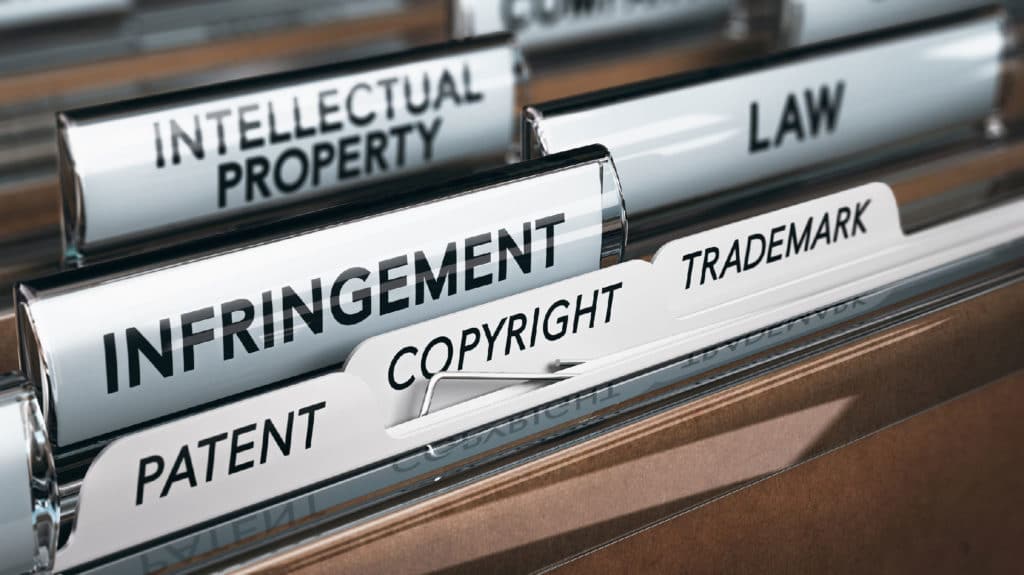The Importance of Copyright Registration

Q: I understand that the Supreme Court recently decided a case involving copyright registration requirements. Are associations affected?
A: Yes. On March 4, 2019, the United States Supreme Court issued a unanimous decision in Fourth Estate Public Benefit Corp. v. Wall-street.com, LLC, et al., holding that the U.S. Copyright Act allows a copyright owner to proceed with a lawsuit for copyright infringement only after the owner obtains a registration certificate for the work from the Copyright Office. The ruling resolves a long-standing split among the lower courts. Specifically, prior to the Court’s decision, some jurisdictions did not require registration as a prerequisite for filing suit. Instead, they allowed a copyright owner to initiate a suit as soon as the owner filed an application for registration.
Fourth Estate is a news organization that produces online stories, which it licensed to Wall-street.com, LLC, a news website. After Wall-street.com cancelled the license agreement, it nonetheless continued to display articles produced by Fourth Estate. As a result, Fourth Estate sued for copyright infringement after it filed its copyright applications for the news articles, but before the Copyright Office had made a decision to grant (or refuse to grant) registration. The Supreme Court dismissed the case because the Copyright Office had not yet granted its registration.
The decision is important to all owners of copyrightable works, including associations, because of its effect on the timing of an infringement claim. While the author of a work automatically acquires “exclusive rights” (e.g., rights of reproduction, distribution, and display) in that work immediately upon the work’s creation, the author nevertheless must comply with the Act’s registration requirements before pursuing an infringement claim in court. Thus, if an association creates a white paper or authors a set of guidelines, but elects not to register the work, it cannot pursue a claim for infringement that might later arise until after it completes the registration process. Currently, it takes the Copyright Office several months to issue (or deny) a copyright registration after a claimant submits an application. Until the registration is issued, the association could not take legal action to stop the alleged infringement of its work.
To avoid the long delay, an association can file an expedited application for registration. Expedited filing significantly shortens the time between application submission and registration to a matter of several days, but involves a higher registration fee of $800 per work. Where the potential infringement involves a single work, it may be worthwhile to pay the expedited registration fee. On the other hand, where the infringement involves a series or group of works, like a year’s worth of journal articles, expediting registration may be prohibitively expensive for the organization. It is worth noting, however, that the Court did make clear that once a copyright is registered, the copyright owner can recover damages for infringement that occurred both before and after the registration.
As a reminder, copyright protects “original works of authorship” that are “fixed in a tangible form of expression” and possess at least “some minimal degree of creativity.” Copyrightable works include literary works, musical works (including lyrics), choreographic works, graphics, maps, technical drawings, motion pictures and other audiovisual works, and architectural works. Copyright does not protect ideas or concepts, improvisational speeches that have not been recorded or written down, titles, slogans, symbols, or various listings. While slogans and symbols may receive trademark protection, the protection for most listings, such as membership directories, is limited. Specifically, the courts have held that the name, address, telephone number, fax number, and occupation of an individual constitute “factual data,” not original works. There are, however, exceptions. For example, if the directory is organized based on a unique arrangement of the facts, that arrangement may be subject to copyright protection.
For works created on or after January 1, 1978, the term of copyright is the life of the author plus seventy years. The duration of copyright for works made for hire, i.e., works created by staff or under contract with a third party, is 95 years from publication or 120 years from creation, whichever is shorter.
Since March 1, 1989, the Copyright Act has not required a copyright owner to affix a copyright notice to a work, but many copyright owners still find such notices beneficial. Specifically, although a copyright notice (typically consisting of a © or the word “copyright,” the author’s name, and the year of first publication) is not a substitute for registration, it may serve as a deterrent against infringement and as evidence to defeat a “fair use” or “innocent infringement” defense.
Associations should recognize the importance of the registration requirement at issue in Fourth Estate. Obtaining a registration certificate creates a public record of key facts related to the authorship and ownership of a work, including the title, author, name and address of the copyright owner, year of creation, and information about whether the work is published, has previously been registered, and includes preexisting material. When works are registered prior to infringement or within three months after publication, the copyright owner is eligible for statutory damages, attorneys’ fees, and costs, even if actual damages are minimal.
The Court’s decision in Fourth Estate encourages copyright owners, including associations, to register their works with the Copyright Office as soon as they are created. An informational brochure on “Copyright Basics” is available on the Copyright Office website at: https://copyright.gov/circs/circ01.pdf. In addition, an FAQ regarding the registration process may be accessed at: https://www.copyright.gov/help/faq/faq-register.html.
The answers provided here should not be construed as legal advice or a legal opinion. Consult a lawyer concerning your specific situation or legal questions.
Tags
Related Articles
CEO Perspectives on Association Forum’s Governance Professional Practice Statments
Association Forum members have access to professional practice statements. A committee reviews these statements annually....
Work/Life: How Did You Find Your Way to the Association Industry?
Most of us are accidental association professionals. Find out how two women landed in this...
The Importance of Authenticity in New Power Leadership
Seasoned association executive Jim McNeil says that authenticity is the key to New Power Leadership.




